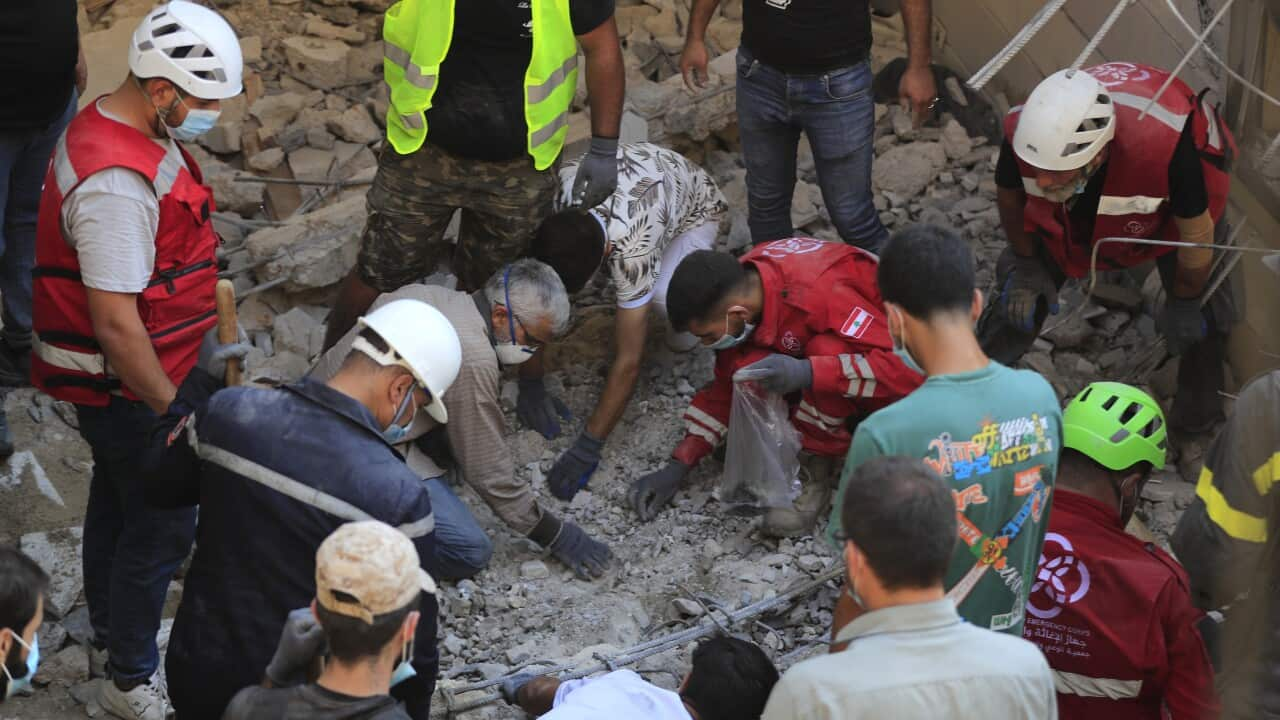Key Points
- The US says Israel has the opportunity to prevent Lebanon from facing the same destruction as Gaza.
- US President Joe Biden and Israeli Prime Minister Benjamin Netanyahu have held their first call in weeks.
- Israel says it launched airstrikes north of coastal Sidon, killing four people and wounding a further 10.
Israel must avoid conducting military operations in Lebanon like it has in Gaza, the US state department said, while also expressing concern over the deteriorating humanitarian situation in Gaza.
“I’m making very clear that there should be no kind of military action in Lebanon that looks anything like Gaza and leaves a result anything like Gaza,” state department spokesperson Matthew Miller told journalists.
Miller was responding to a question about a video released by Israeli Prime Minister Benjamin Netanyahu on Tuesday.
“You have an opportunity to save Lebanon before it falls into the abyss of a long war that will lead to destruction and suffering like we see in Gaza,” Netanyahu said.
“I say to you, the people of Lebanon: Free your country from Hezbollah so that this war can end.”
Biden and Netanyahu chat for the first time in weeks
US President Joe Biden and Netanyahu spoke on the phone for the first time in weeks, a conversation that came as Israel expands its ground incursion into Lebanon and considers how to respond to Iran’s recent ballistic missile attack.
Biden’s call on Wednesday with Netanyahu was “direct” and “productive” and included discussions on a potential attack on Iran, White House press secretary Karine Jean-Pierre said.
“It was 30 minutes long. It was direct, it was productive,” Jean-Pierre said.
It was the first conversation between Biden and Netanyahu since 21 August.
Escalation in Lebanon
Israel launched airstrikes north of Sidon, including at targets far from the border combat zone.
The Lebanese health ministry said four people were killed and 10 wounded by a strike in the town of Wardaniyeh.
Israel has said that troops from as many as four divisions have operated in Lebanon since the first announcement of the ground operation on 1 October.
Its bombardment of Lebanon has killed more than 2,100 people, most of them in the last two weeks, and forced 1.2 million people from their homes.
Hezbollah has been launching rockets against Israel for a year in parallel with the Gaza war.
The Iran-backed group said it had fired several rocket salvoes at Israeli troops near the village of Labbouneh in the western part of the border area, close to the Mediterranean coast, and had managed to push them back.
Further east, Hezbollah said it had attacked Israeli soldiers in the village of Maroun al-Ras and unleashed missile barrages at Israeli forces advancing towards the twin border villages of Mays al-Jabal and Mouhaybib.
Israel says it will continue to strike Hezbollah until tens of thousands of Israelis can return to homes they fled under Hezbollah rocket fire.
Israel’s international law ‘obligation’
Miller separately said the US was “particularly concerned” about the humanitarian situation in north Gaza, where the territory’s civil defence agency said Israeli forces have intensified shelling and closed roads, preventing aid delivery.
“We have been making clear to the government of Israel that they have an obligation under international humanitarian law to allow food and water and other needed humanitarian assistance to make it into all parts of Gaza.”
With additional reporting from Reuters.
